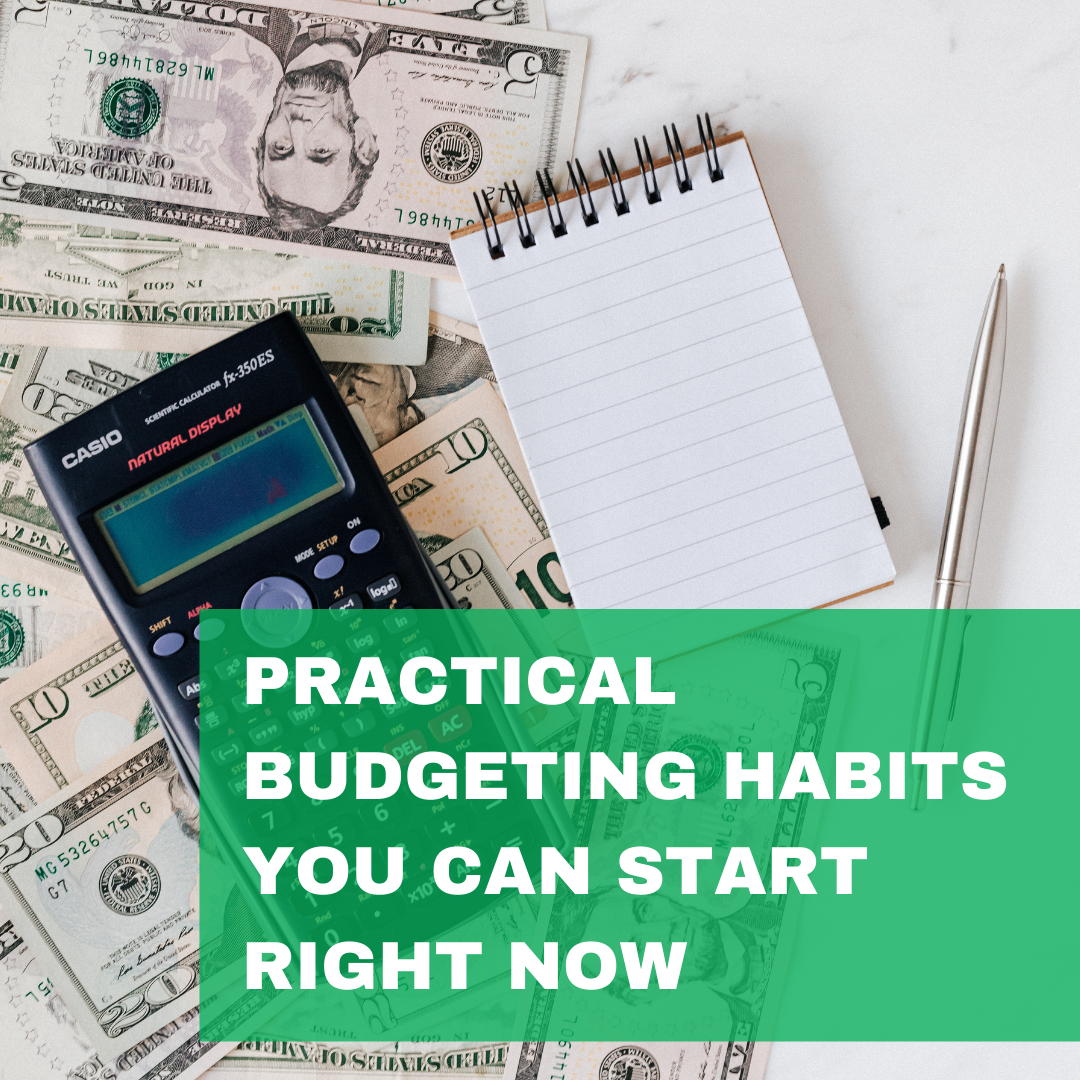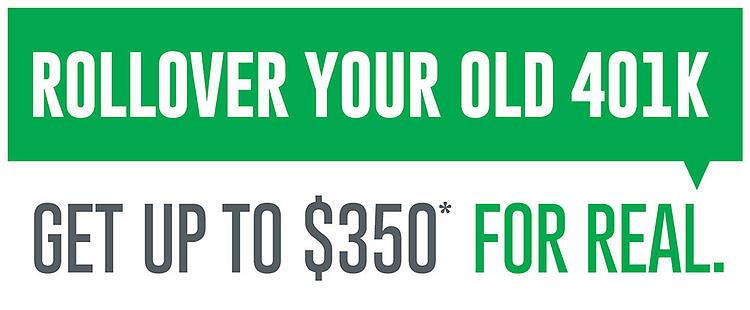
Practical Budgeting Habits You Can Start Right Now
For most of us, budgeting is the first step of financial planning, and usually the most important part of it. We always start with budgeting when we have initial conversations with our clients because we know and value its importance. To achieve your financial goals, you either have the money already saved or invested, or it needs to come periodically from your income. Budgeting is the ‘exercise’ that helps us set money aside periodically for our financial goals. Many don’t like the word ‘budgeting’ as it makes them feel as if they are restricted or have to be within certain rules, but whatever you’d want to call it, planning for how to split your money into saving ‘buckets’ or spending ‘buckets’ is the most important action you’d do for your financial goals.
Make sure you add up all income & account for taxes
Many either forget or don’t consider all the income that comes in the household. Do you do any side jobs besides your main one? Do you have any other part-time job that doesn’t pay you regularly? What about taxes and how much or little is taken out of your paychecks? Do you typically have to pay or get a refund at tax-filing time? These and similar questions are important to know what is left after all income and taxes or other withholdings are taken out, meaning what is left to ‘work with’ for your spending and saving. Once we know how much money is available to be spent or saved, then budgeting starts its work.
Automate the known bills – home, living expenses & debt payments
Typically, the largest money outflows and bills are also the ones that are known and fixed. Think housing (rent or mortgage), your debt payments like car or student loans are typically known and fixed, they don’t change every month. For such known and expected bills, the best habit or thing to do is automate them. Even for your credit card payments, if you carry a balance, automate at least the minimum payments, so you don’t forget and get penalized, you can always make extra payments later if you want. Automation is now available with almost all bill providers or through your bank’s bill-pay feature, but many still don’t use them.
Save & invest next (automate if possible)
Once you’ve automated all or most of your living and debt payments, then you’d want to think about your savings and investing. Together with a fiduciary advisor, you should make a plan about your short-term savings or long-term investing goals. Once the goals and their expected values in the future are discussed, then a periodic amount is suggested to be automated into that goal. For example, if you want to build up your emergency fund and want to do $300/month towards that goal, automate such transfer and move the money ($300) to the account that will hold such emergency fund. It’s recommended that the goals are kept separately from the current checking accounts as then you wouldn’t know what you’re saving or spending monthly. You could do the same for long-term investing goals, come up with a monthly or periodic number, and automate that investment amount. Only then you’d not only not forget, but you’ll also take advantage of the dollar-cost-averaging.
You’d also want to pay extra to high-interest debt like credit cards and save for short-term spending that doesn’t occur monthly (think vacations or holidays/gifts). Aim for 20% of your gross income to be saved or invested in total, but if not possible at the beginning, try as much as you can initially and then work your way up there.
Spend the rest
Budgeting doesn’t mean you shouldn’t do anything fun in the now. After you’ve saved for your goals (short-term and long-term), the remaining of your income can be spent on things you like and care for. Financial planning is all about balancing the now with the future, and any overweighting of too much of any side is typically not good for you. While many don’t save enough, budgeting doesn’t mean just having rice & beans ☺.
Track it with software, make changes if major differences
What good is a budget if you don’t follow it or don’t know what is actually happening? While many bills, savings for goals and investing can be fully automated, and we highly recommend it, not everything can be done so. Also, not everything is fixed thus you’d need to track it if you’re staying on budget or not. Thankfully there is certain software, like Mint.com or similar that allows you to build your budget, track your spending and make sure you’re within your stated limits. Tracking it will also let you know if certain categories are completely unrealistic, and either the budget has to change or your behavior and spending need to.
In conclusion, the most important part is, unsurprisingly, making a budget first that is realistic and fits your life, if not it will not mean much and you won’t track it or even care. Automation as mentioned above will keep most of your fixed budget items on track, but there’s still some input needed for those little unknowns that come up almost always. You know, that drink or lunch with a friend or even that unplanned vacation once COVID is gone, right?





